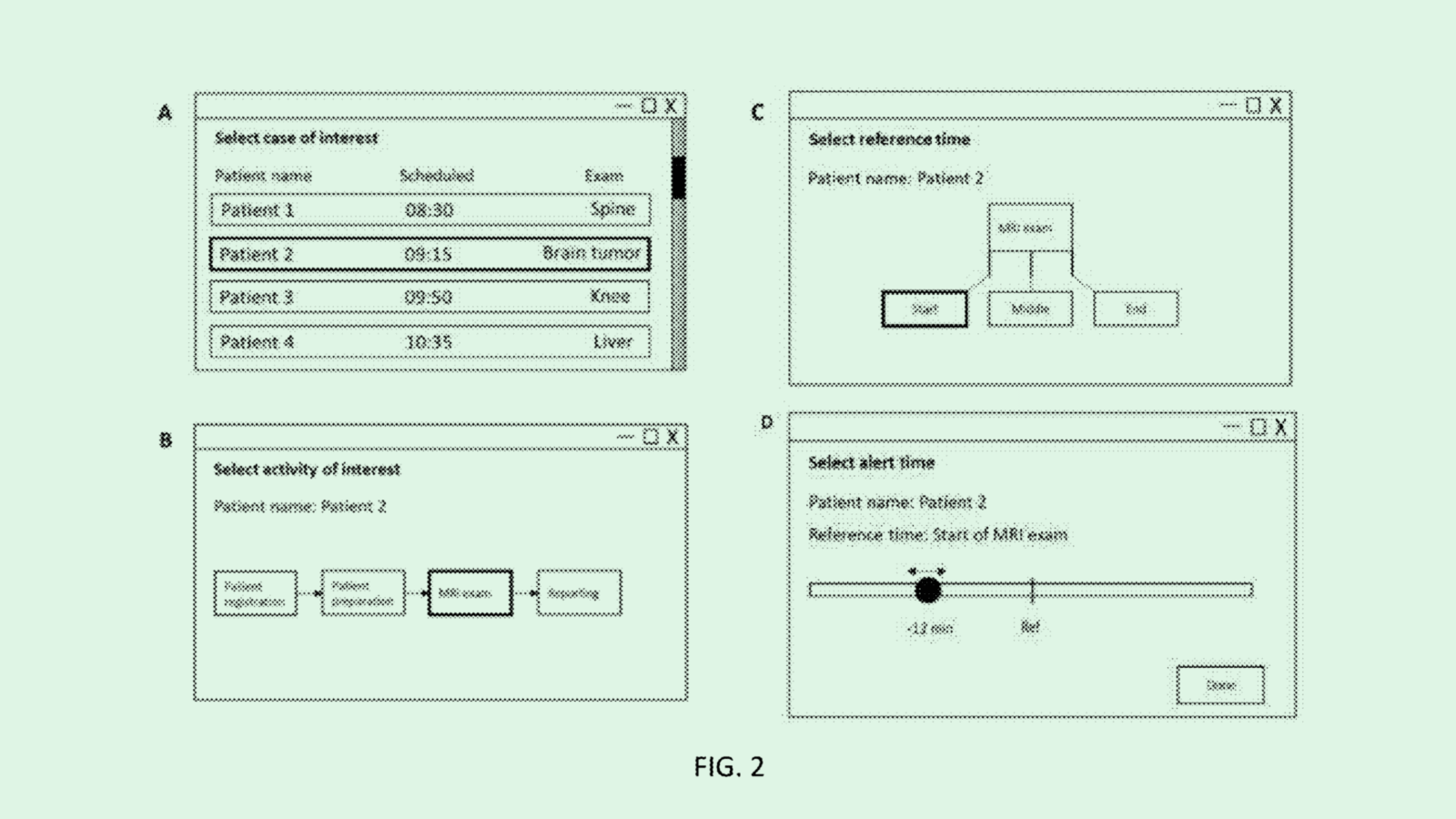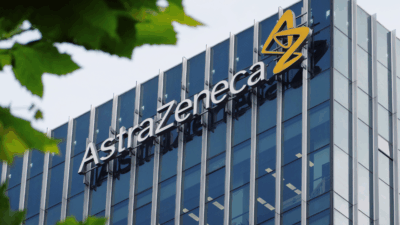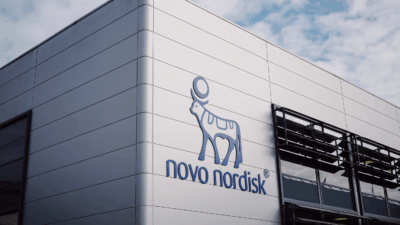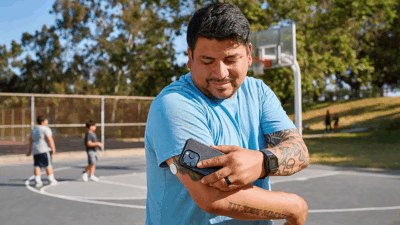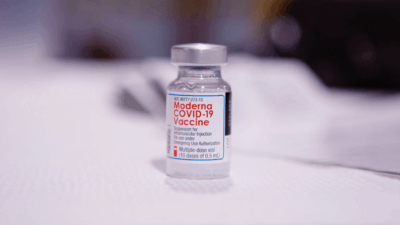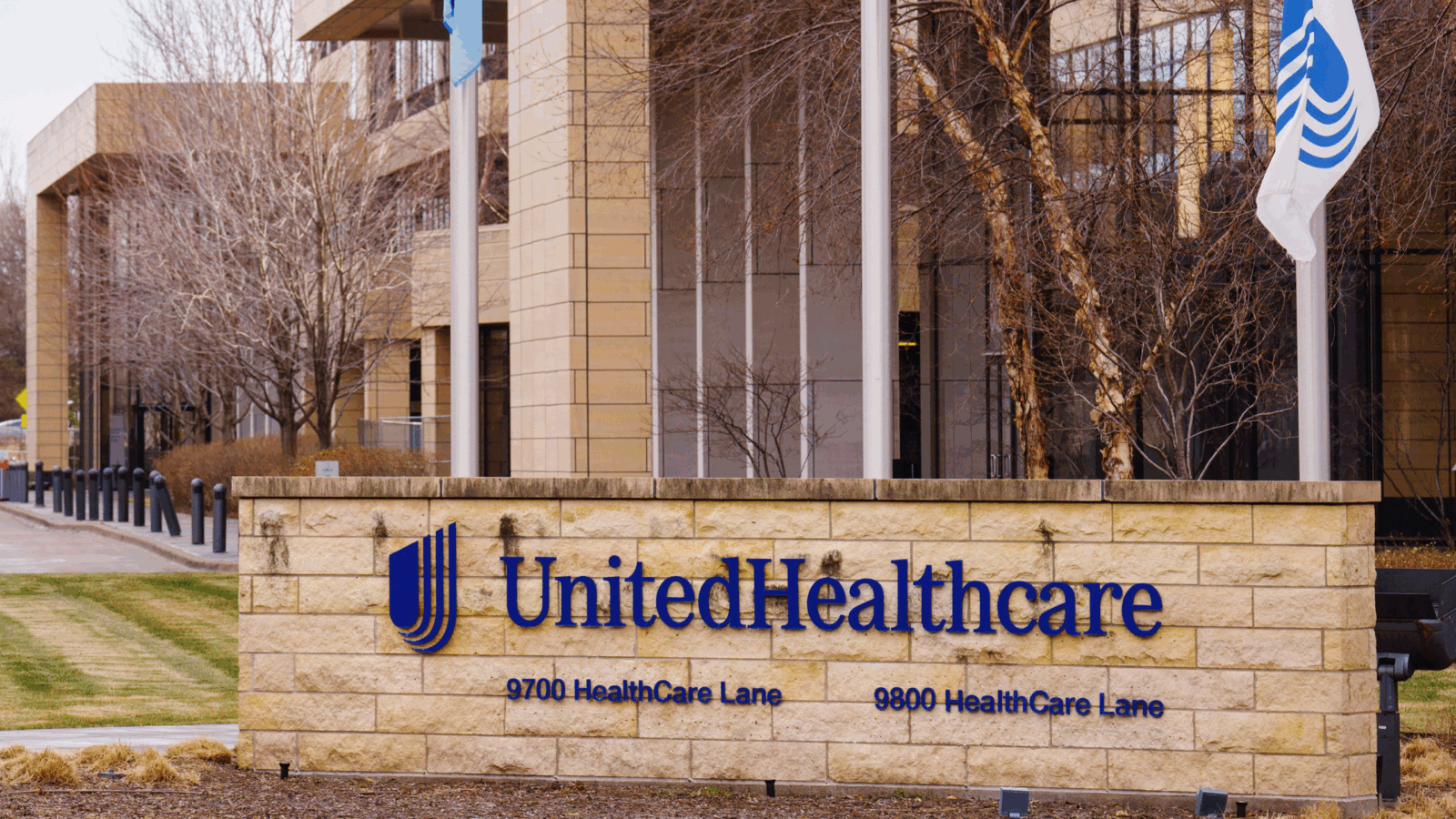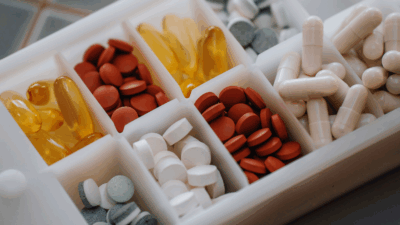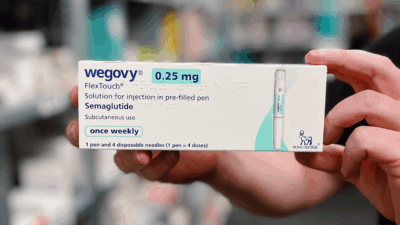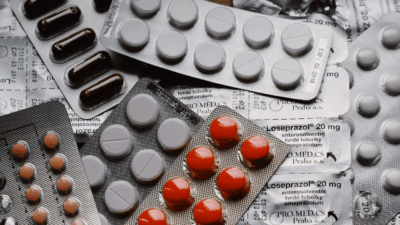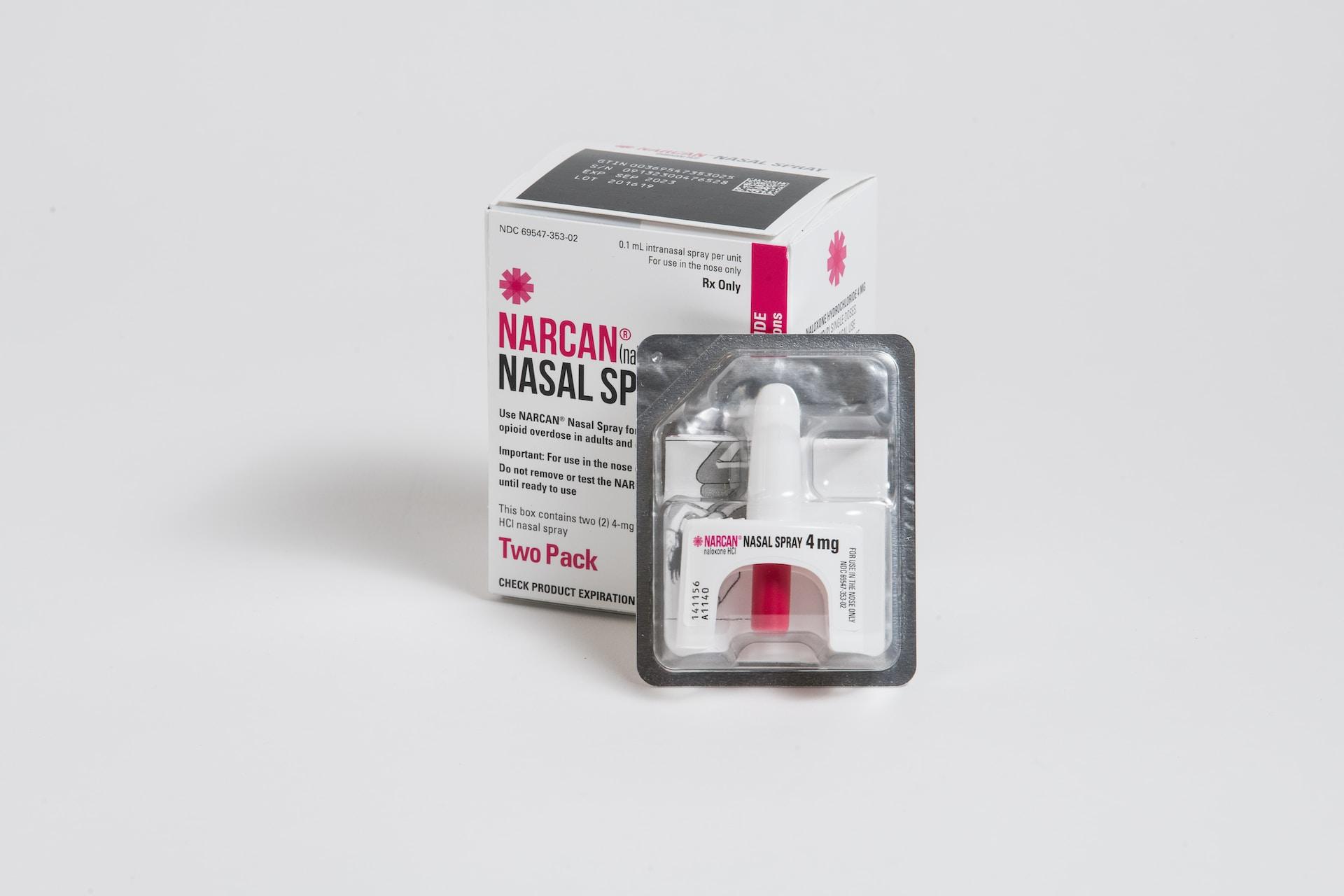
Sign up for smart news, insights, and analysis on the biggest financial stories of the day.
The break-in-case-of-emergency medicine will finally be available without delay.
On Wednesday, the FDA announced that Narcan, the leading version of the opioid overdose-reversal drug naloxone, will now be available over the counter. It’s a move advocates say could save countless lives.
The Lazarus Drug
Over 100,000 Americans now routinely die of drug overdoses every year, according to the CDC. The rise of fentanyl, an especially deadly synthetic opioid, has only exacerbated the crisis. Governments at every level have poured countless resources into ending the epidemic, with over $50 billion in lawsuit settlements with major drug companies, pharmacy chains, and distributors funding much of that legwork. Narcan is seen as one of the most vital tools for first responders and good Samaritans alike.
But until now, it was available by prescription only. Of 8,711 overdose reversals recorded over a five-year study led by the University of Washington, 94% of naloxone treatments were delivered by other opioid users, and less than 1% by EMTs or the police. By making the drug available OTC, advocates say it can now be accessible by the people most likely to use it: friends and family of opioid users and others most likely to be around overdoses. But exactly where customers can buy it, and how much it will cost, remains an open question:
- Walgreens told The Wall Street Journal it is making plans with providers and would stock nonprescription Narcan when available. Walmart, meanwhile, wouldn’t reveal pricing or store placement information, and CVS said it is working to expand access.
- Emergent, the pharmaceutical company behind Narcan, told the WSJ it doesn’t have OTC pricing information yet. Its previous prescription version cost over $100 for two doses.
Erase the Stigma: Making the life-saving drug available OTC has its obvious benefits. “Putting it out on the shelves is going to allow people just to pick it up, not have stigma attached to it and readily access this life-saving drug,” Jose Benitez, lead executive officer at hard-reduction organization Prevention Point Philadelphia, told the Guardian. Sounds like a step in the right direction.
